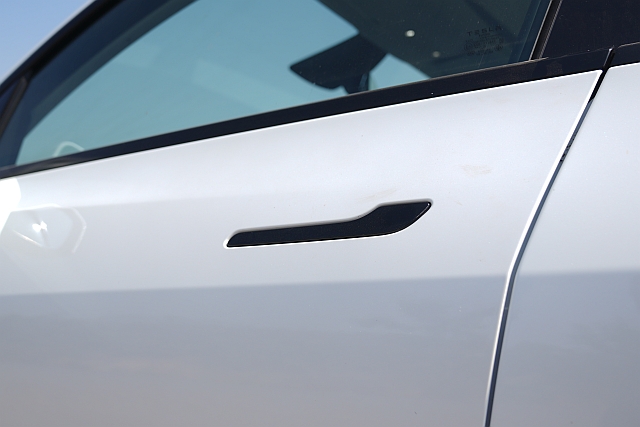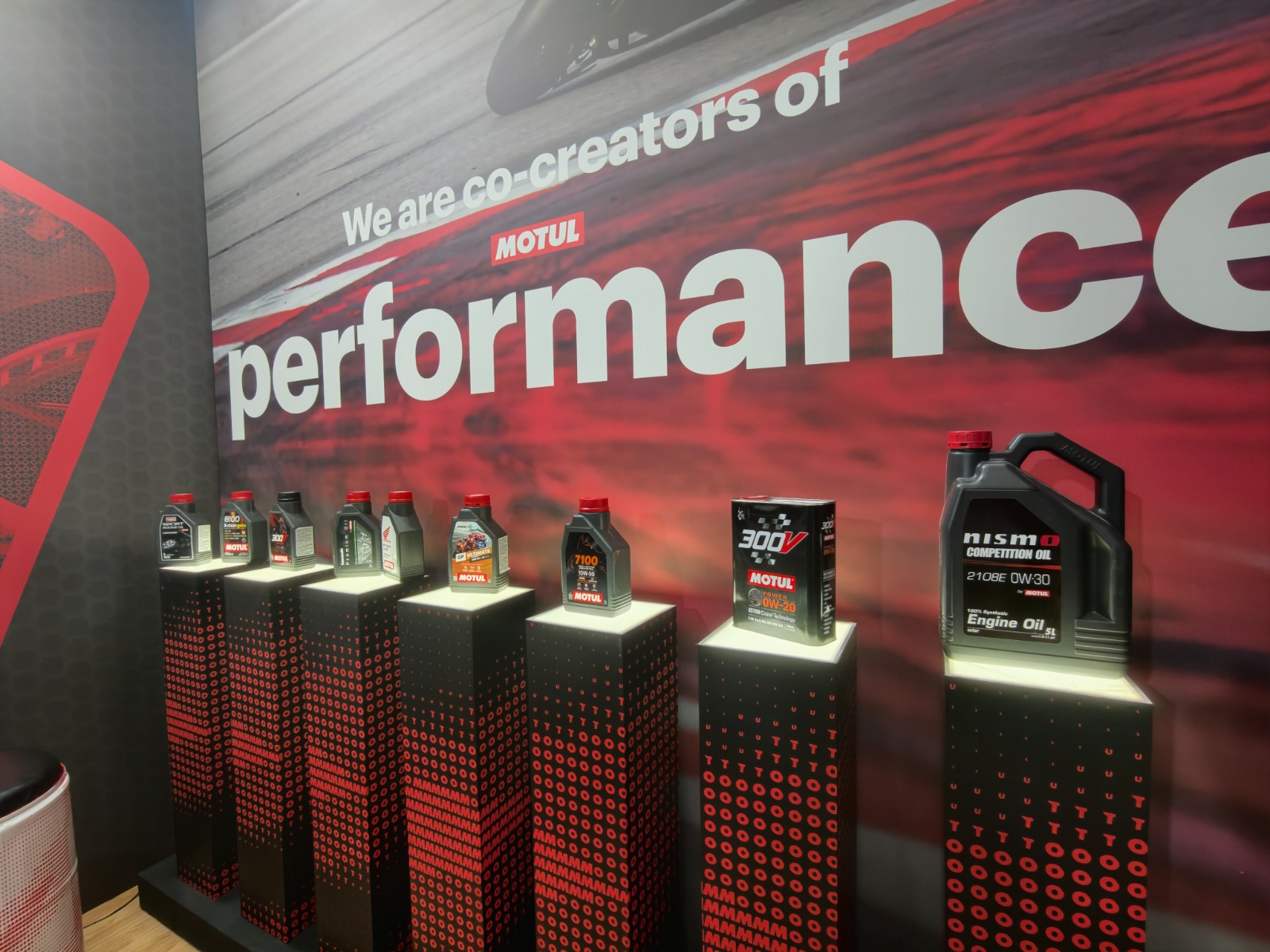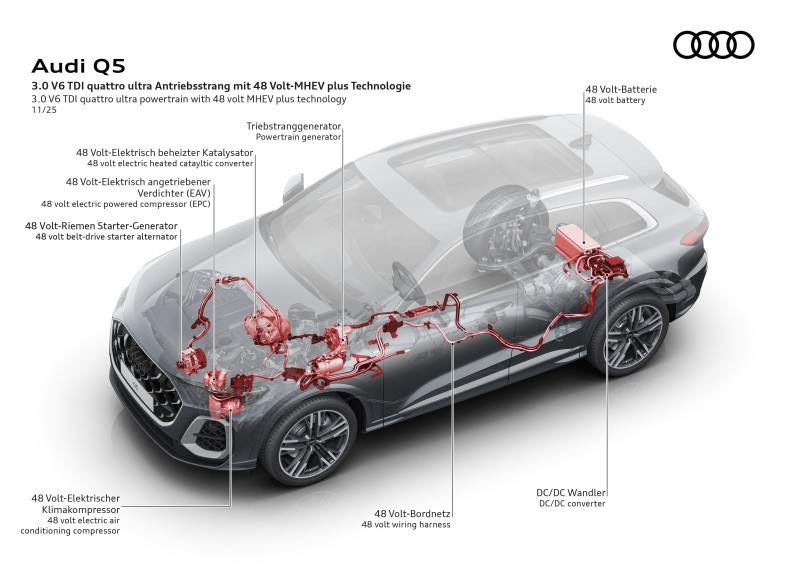 Lasers set to replace spark plugs in car engines
Lasers set to replace spark plugs in car engines
Japanese scientists have developed a novel manufacturing technique which could replace spark plugs in petrol engines with laser ignition systems in the near future.
Scientist Takunori Taira, and his colleagues from Japan’s National Institutes of Natural Sciences, will present the technology to the world at an optics conference in Baltimore this month. Taira and his team have been working with spark-plug firms and Toyota subsidiaries to address the problems facing ordinary petrol-engine ignition. At the moment, the spark plug is the limiting factor on how lean the mixture can be: in order to ignite a leaner mixture the spark must be hotter, and past a certain point this destroys the electrodes. But designers would like to make leaner-running engines as this would improve fuel economy and cut down on emissions. Lasers would potentially offer hotter ignition, and they have other advantages too. The timing of ignition would be more precise than with sparkplugs – on the very brief timescales over which cylinder mixtures change, the exact point at which a plug will spark is quite unpredictable. “Timing – quick combustion – is very important,” says Taira. “The more precise the timing, the more efficient the combustion and the better the fuel economy.”
Despite their inherent advantages, laser ignition had never been used in the past because the machinery needed for this technology was very large and inefficient. Now, however, Taira and his team have come up with a way of making small, high-power lasers out of ceramics. The ceramic laser material is thought to be easily tough enough to stand up to conditions in a running car engine. Taira and his colleagues will present full details of their work at the 2011 Conference on Lasers and Electro-Optics in Baltimore on May 2.






















Leave a Reply